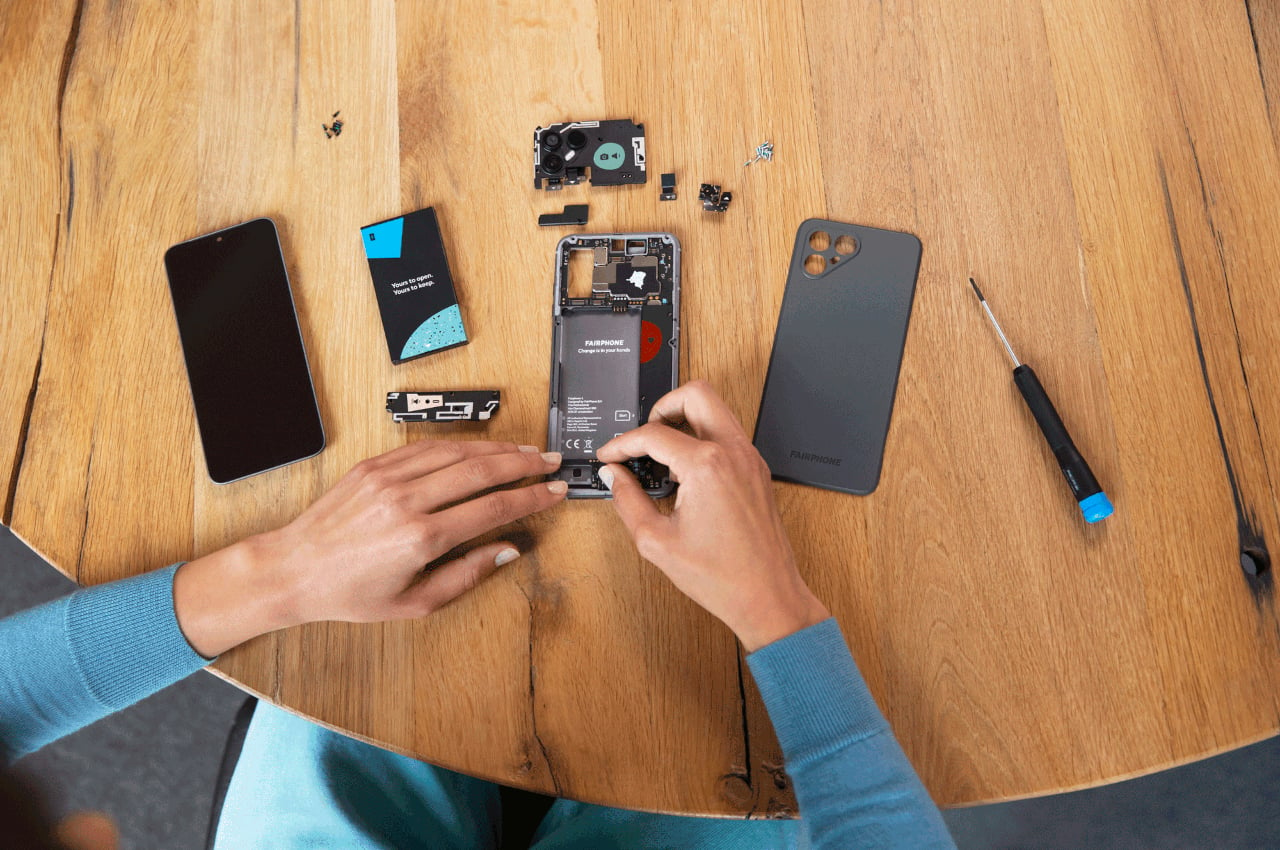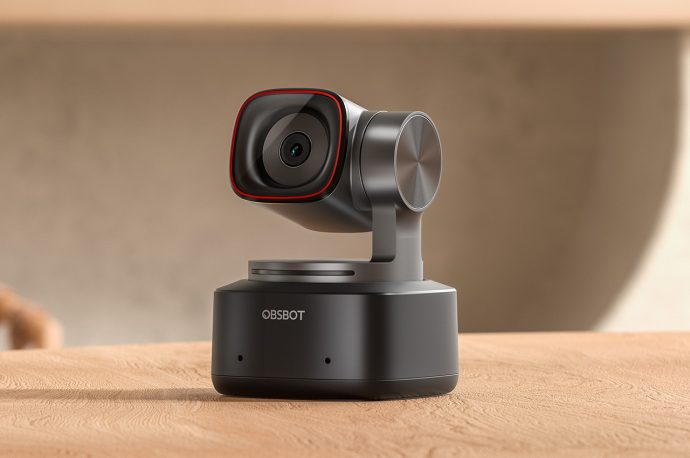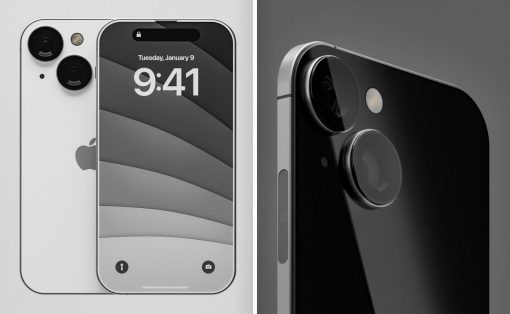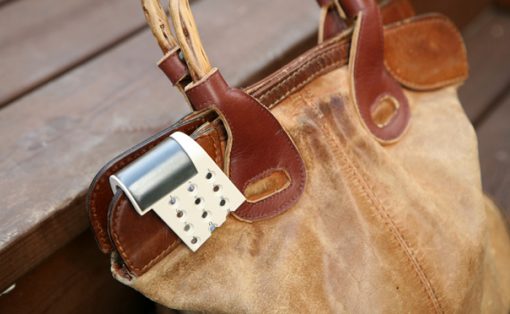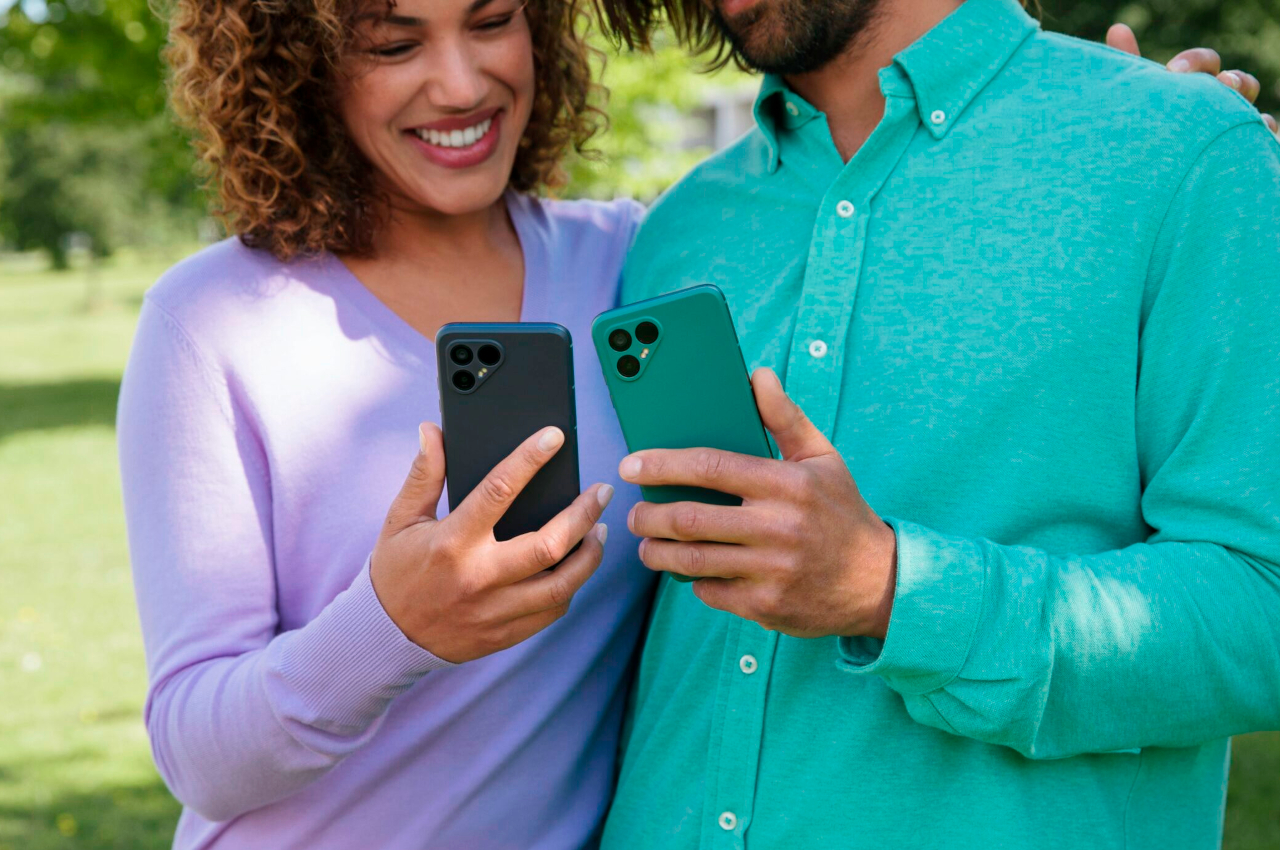
Finally recognizing the important role they play in saving the environment, smartphone manufacturers have started to implement steps to minimize their adverse effects on the planet. But even before “sustainability” started trending in the smartphone industry, there was one startup that dared to get the ball rolling and discussions started on how sustainable smartphones ought to be made. Since 2013, Fairphone has been putting out easy-to-repair handsets, though its limited availability has made it a deal-breaker for many interested buyers. That narrative is changing a bit with the arrival of the Fairphone 4 in the US, but it comes with a very big caveat that can be just as much a deal-breaker anyway.
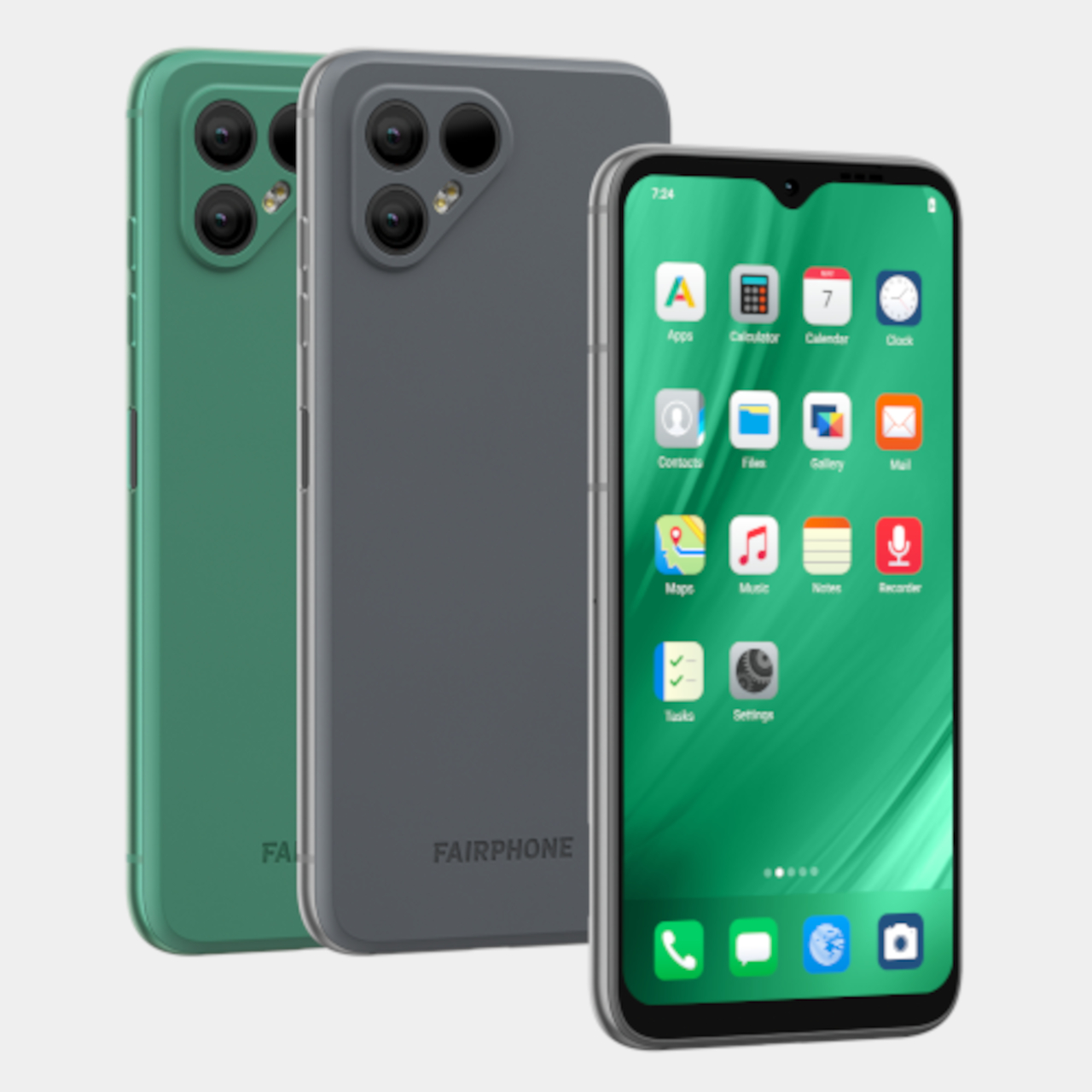
When it comes to sustainable and eco-friendly smartphones, it’s hard to deny that the Fairphone is the cream of the crop. Although it’s practically impossible for now to have a 100% sustainable phone, the Fairphone still checks the most boxes compared to any other brand. It uses recycled materials where possible and ensures they are all ethically can responsibly sourced. It has a system in place for the proper disposal of completely dead devices, but it also delays that inevitable fate by making it easy for owners to repair their own phones with replacement parts they officially sell. The latter is a practice that is thankfully now getting traction even among the likes of Apple, Google, and Samsung, though with more limited components and heart-stopping tedious processes.
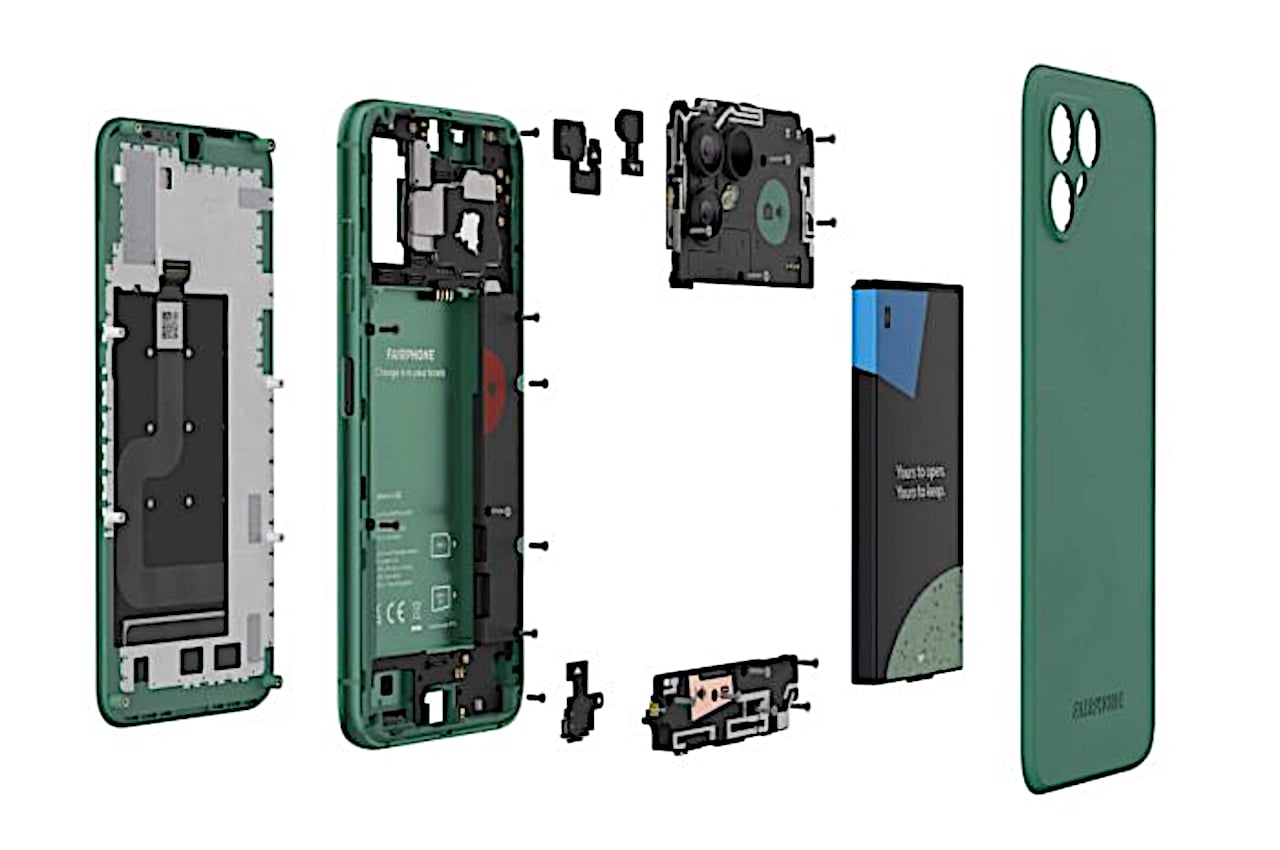
The biggest problem with the Fairphone (aside from its slightly outdated specs) is its availability, limited primarily to the European region unless you’re willing to take the extra steps and risk importing one. That is changing now that the Fairphone 4 is being made available in the US, one of the largest smartphone markets. Fairphone isn’t the one selling it directly, though, and has partnered with another company named Murena not only to distribute the phone but also to put the latter’s own version of Android on it named /e/ OS.
Therein lies what might be the biggest determining factor for those who want to buy the Fairphone 4 in the US. /e/ OS is billed as a privacy-focused mobile platform, which practically means it doesn’t ship with Google apps and services. Instead, it provides its own app store, replacements for Google services, and the like. It might be possible to install Google Play Store after the fact (“sideload”), but the process might also be more involved than what consumers would be willing to put up with.
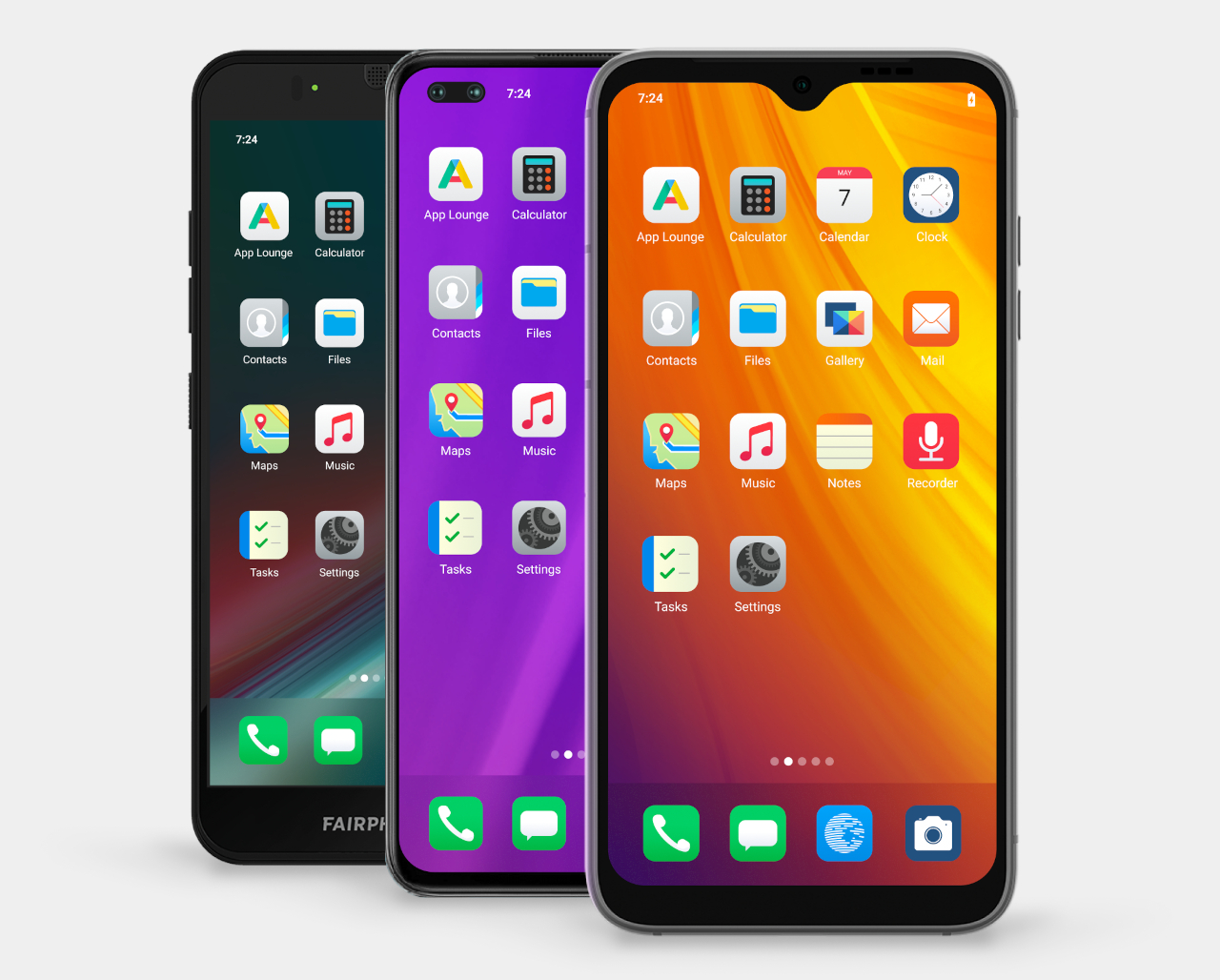

In short, the Fairphone 4 now being sold in the US is both sustainable and very private, and you can’t easily separate the two. It might be fine for those who do espouse both ideals equally, but others who simply want the most sustainable “regular” Android phone might have to continue looking elsewhere.
